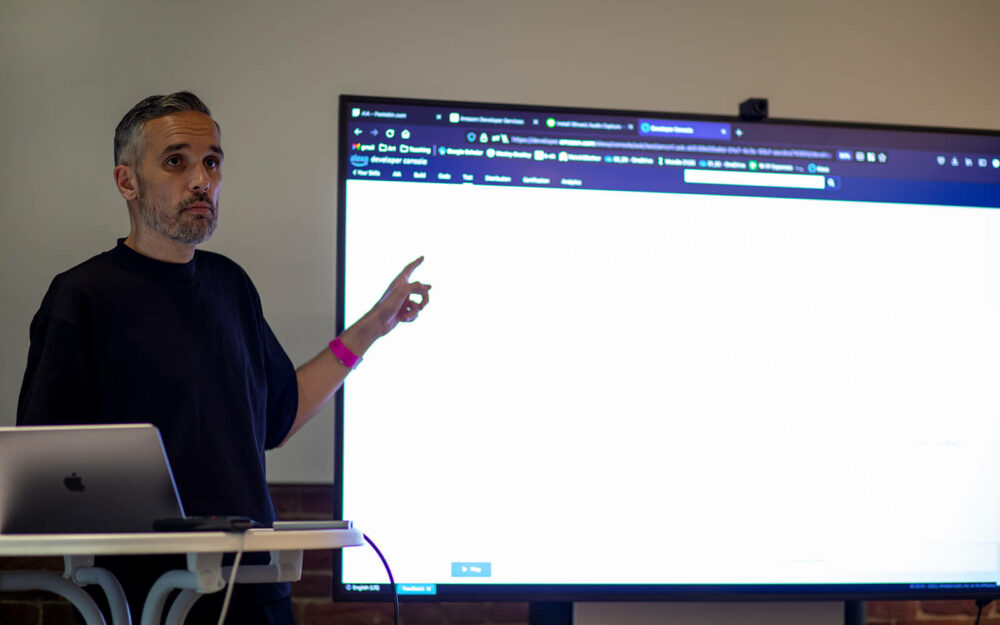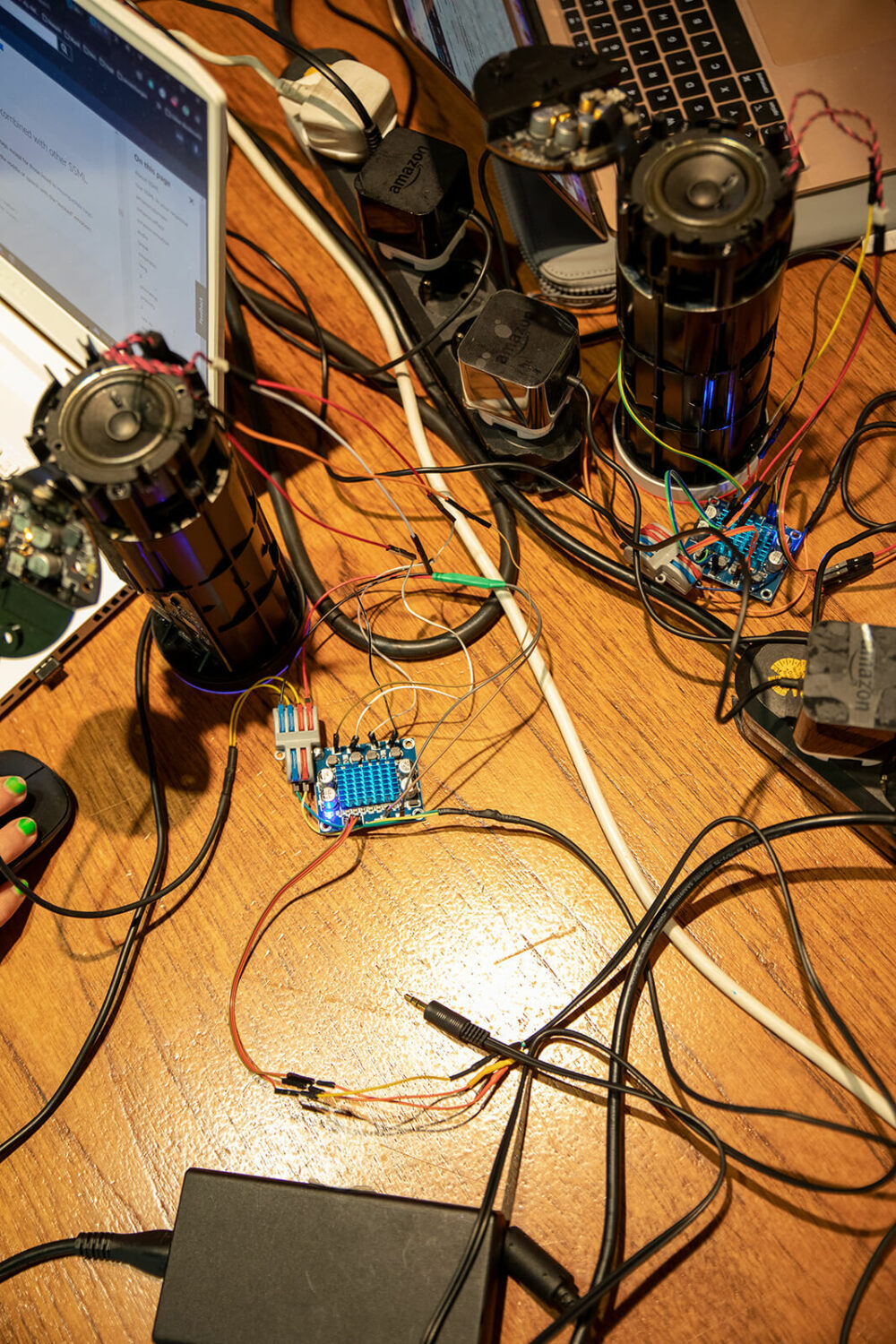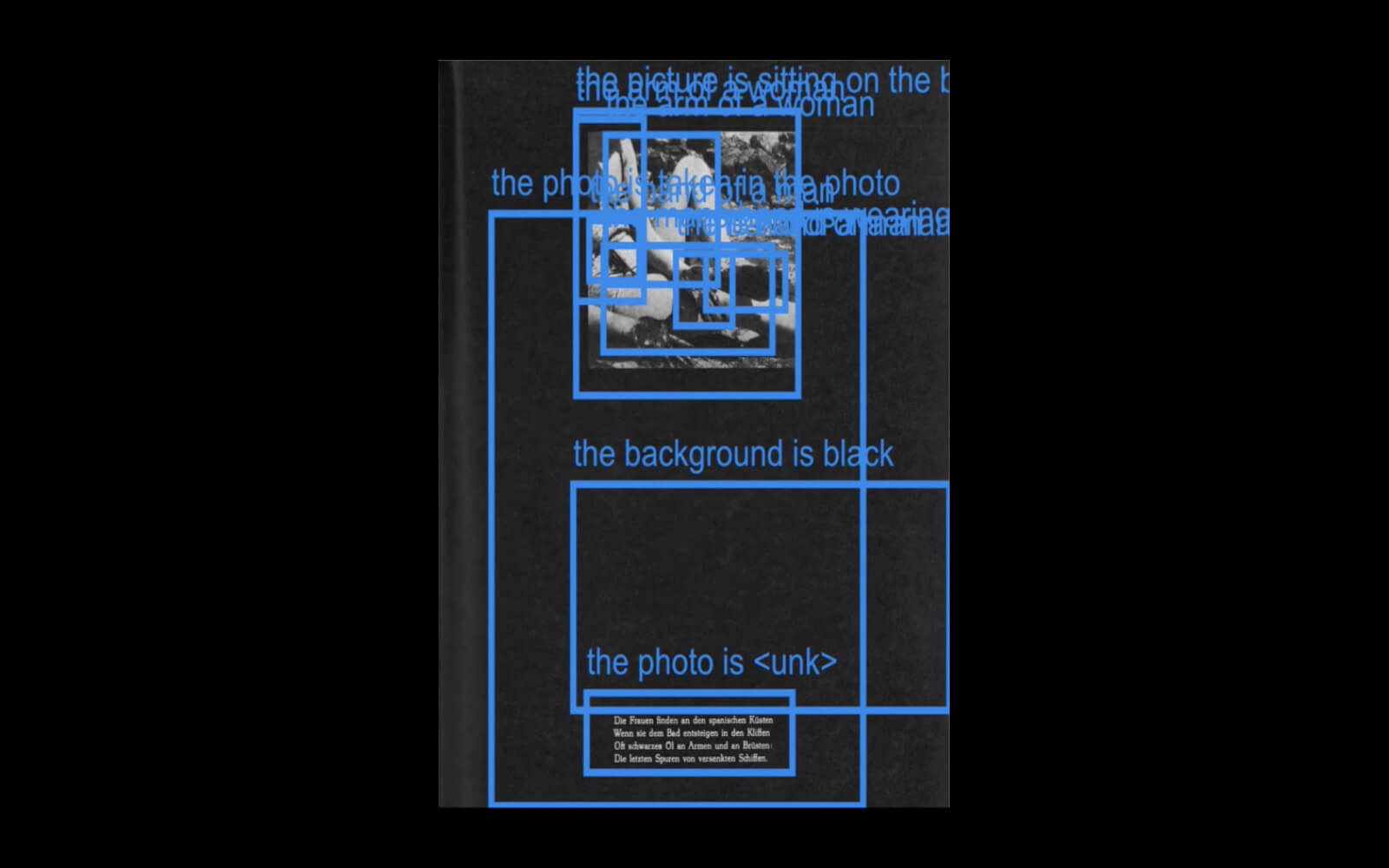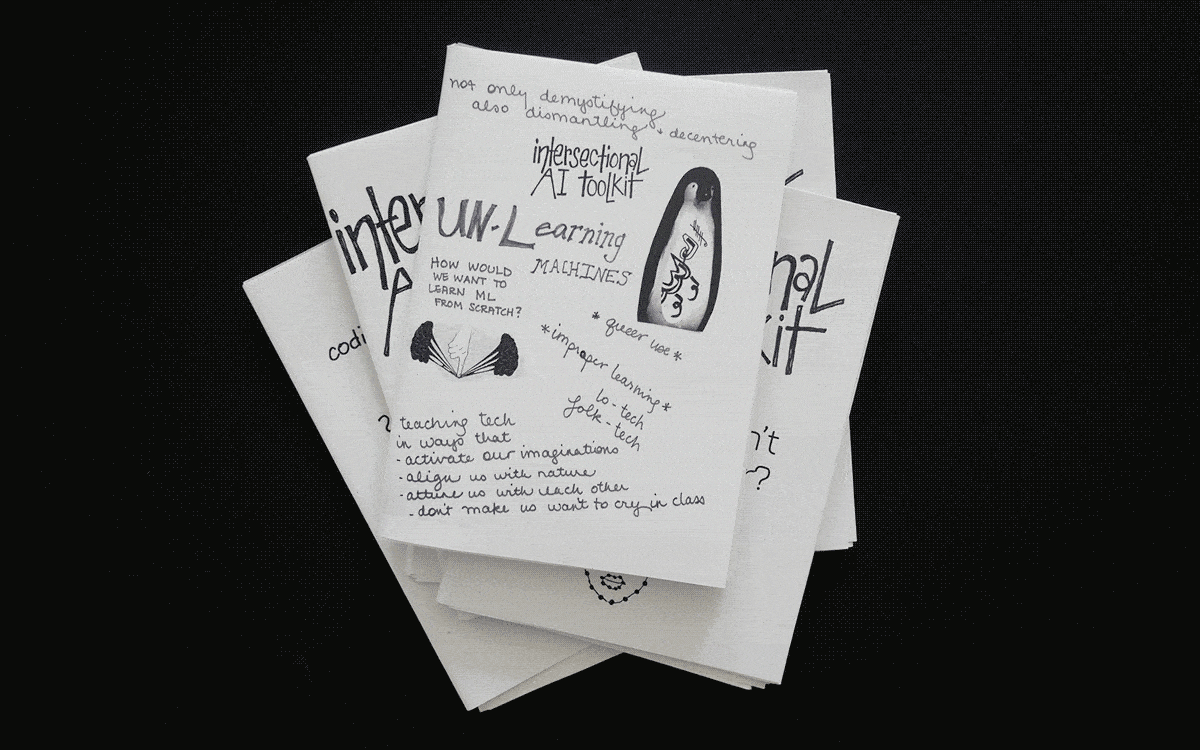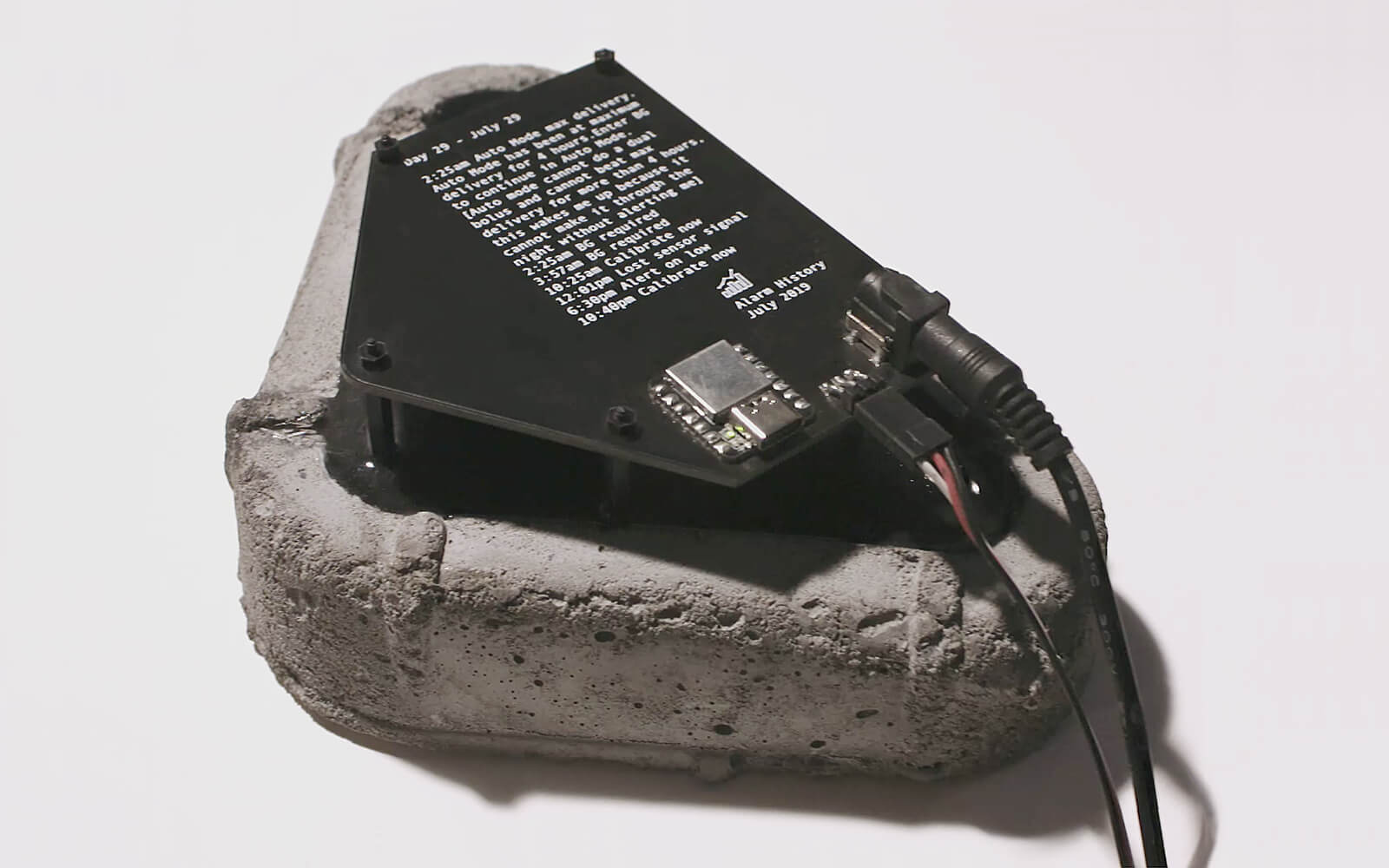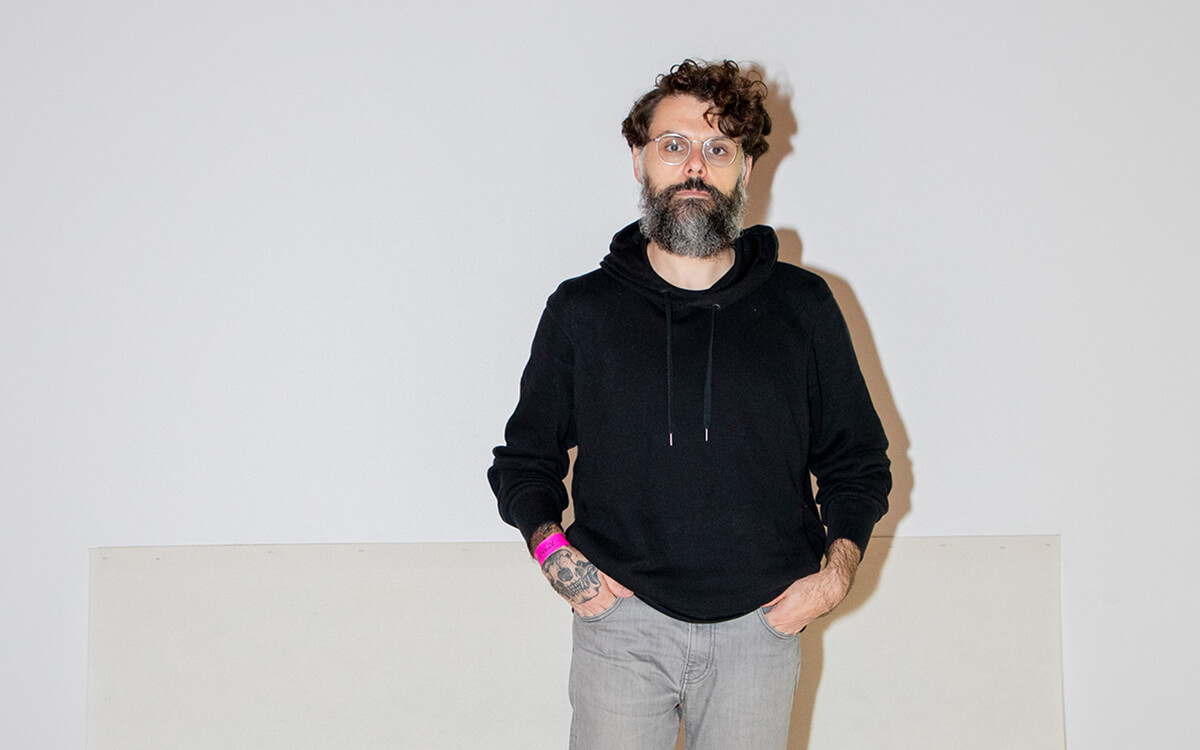AI Anarchies: Haunted Echoes
Workshop
Haunted Echoes
Instructor:
Wesley Goatley

Profile:
Wesley Goatley
Wesley Goatley is a sound artist and researcher based in London who examines the aesthetics and politics of data, machine learning, and voice recognition. His work has been exhibited at venues including Eyebeam, Nam June Paik Art Center, and the Victoria & Albert Museum. He holds a PhD in the philosophy of aesthetics and is a course leader of MA Interaction Design at the University of the Arts London.
Brief:
The Amazon Echo is a critical object that reflects the hopes and dreams of tech companies, and a totem for discussions about extractive capitalism, critical futures, and civilization-scale myth-making. Using discarded Echo devices, Autumn School participants will create sound sculptures that tell new stories about the relationships between humans and AI.
Soundbite:
“When you’re thinking about what to write in your scripts—an idea at the core of comedy—is to present something true and use humour as a critical tool. We can critique the world but we don’t have to do it in a joyless way.”
Wesley Goatley, encouraging Autumn School participants to reprogram their Echos into funny cultural critics
Takeaway:
New Alexa models tend to become obsolete within 18 months of purchase, creating considerable e-waste. There is no meaningful AI processing on the device itself—all the ‘magic’ happens in the data centre. As an owner, you’re the steward of this device while it is operational, but when it fails you have no recourse.
Takeaway:
The environmental politics of Alexa are deeply troubling. Beyond the aggressive planned obsolescence, the devices are made for a global minority that ends up dumped on (in) the Global South. Any object with batteries, printed-circuit boards (PCBs), and plastics will take hundreds of years to break down. ‘Luxury devices’ exacerbate “the global exploitation of bodies and earth,” says Goatley.
Soundbite:
“What does a certain type of person who works in a certain type of industry think about what emotion sounds like?”
Wesley Goatley, reflecting on the fact that since 2020 Alexa can be instructed to approximate tones of excitement and sadness when delivering certain messages
